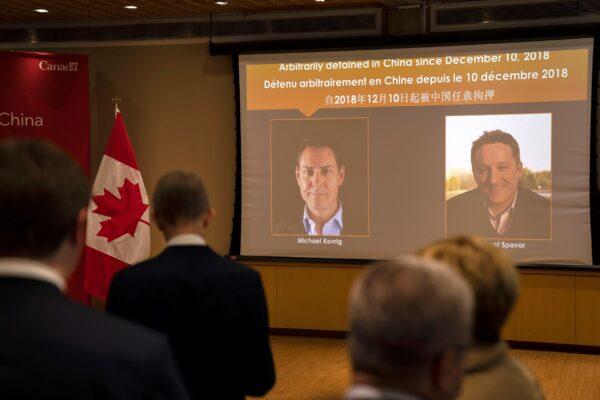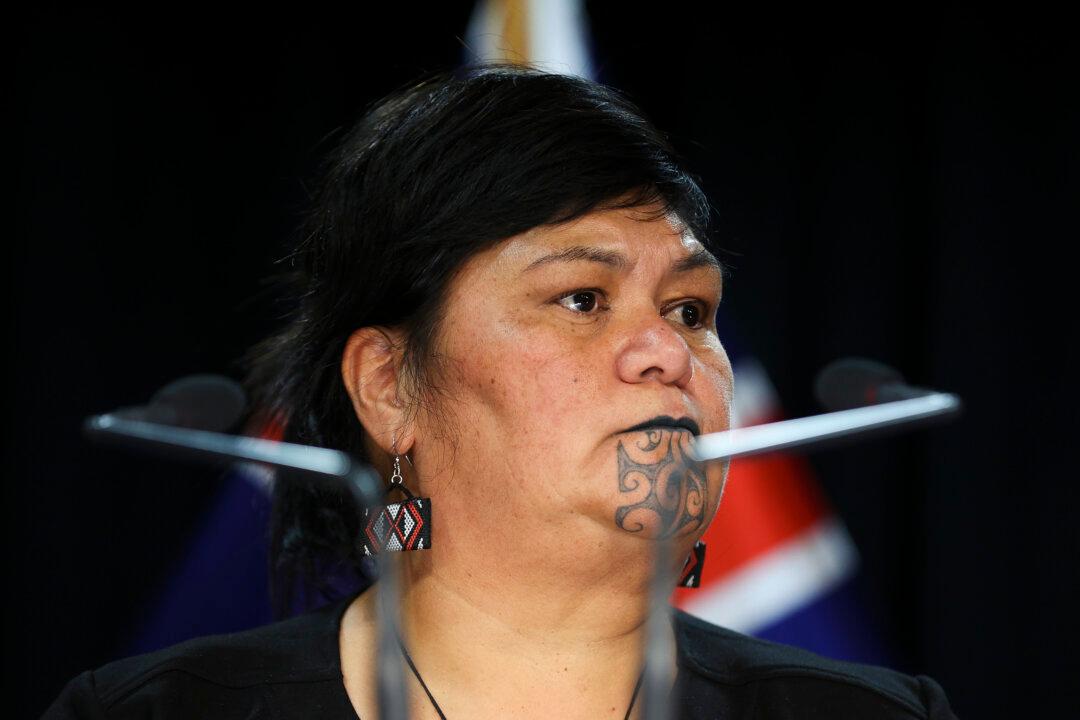New Zealand Foreign Minister Nanaia Mahuta is confident that the Chinese Communist Party (CCP) will not torture or give an unfair trial to the New Zealand (NZ) permanent resident facing extradition to China.
The decision was made after the CCP agreed to give assurances that Kim would be held in Shanghai both before and after the trial, if convicted.
It also gave the assurance that during the investigation phase, visits from NZ diplomatic and consular representatives would be permitted at least once every 48 hours to monitor Kim and lessen the danger of being subjected to an act of torture.
Kim’s lawyers unsuccessfully argued that consular staff would not have the ability to ensure the safety of Kim.
In a letter to Kris Faafoi, the former minister of justice, Mahuta said she had a “clear view that China will uphold the assurances” despite her concerns surrounding the human rights violations in the Xinjiang region, Hong Kong’s “regressive” national security law, and the three-year detention of Michael Spavor and Michael Kovrig from Canada.
“This will be a test case for China—one the international community is watching closely,” she wrote. “This means that China’s incentives to abide by the assurances are strong.”

In a following letter, she wrote that the case was “not a political case,” as Kim had no connection to Xinjiang or Hong Kong, meaning he was not a “risk of being used as leverage” in arbitrary detention.
Ministry Maintains Extradition Remains ‘Appropriate’
Kim’s lawyer, Tony Ellis, took the case to the United Nations Human Rights Committee in June to overturn the extradition after Faafoi deemed the extradition “remained appropriate” despite Kim’s health conditions.Faafoi wrote in a letter that Kim’s health conditions were not “extraordinary” or “compelling” enough to preclude extradition.
However, in April, politicians from across Australia, New Zealand, and Europe warned Faafoi that Beijing’s promises were not to be relied upon.
They noted the two Canadian Michaels and Australian-Chinese writer Yang Hengjun as examples.
The documents also revealed the cost of the extradition to New Zealand taxpayers due to the extra diplomat that would need to be posted to monitor Kim’s treatment if found guilty.
The estimated cost for posting an extra senior consular official for the first year was $377,000 (US$234,000).





